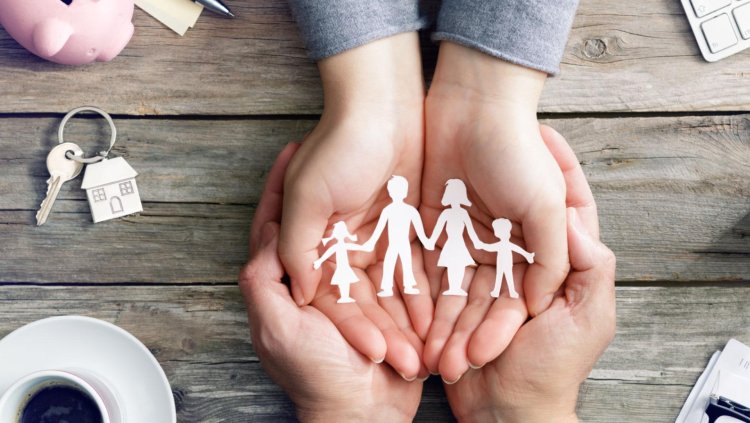FAQs on Handling a Vehicle Accident While on Vacation
1. What should I do immediately after a vehicle accident while on vacation?
Immediately ensure safety by moving to a secure location if possible and turning on your hazard lights. Check for injuries among yourself, passengers, and others involved. Contact emergency services to report the accident and provide details about the location and severity. Document the scene with photos and gather contact and insurance information from all parties involved.
2. How do I contact emergency services if I’m in a foreign country?
Dial the local emergency number for the country you are in. For example, in the European Union, the emergency number is 112, while in the U.S., it’s 911. If you’re unsure of the number, you can ask a local or contact your embassy for assistance.
3. What information should I document at the accident scene?
Take clear photos of vehicle damage, license plates, and any relevant road conditions. Collect contact information from all involved parties, including their names, addresses, phone numbers, and insurance details. Note down the names and badge numbers of responding police officers if applicable.
4. Is it necessary to file a police report for a vehicle accident on vacation?
In many jurisdictions, it is required to file a police report for vehicle accidents, especially if there are injuries or significant property damage. Check local regulations or ask the responding police officers about the requirements and ensure you obtain a copy of the report for your records.
5. How do I notify my insurance company about the accident?
Contact your insurance company as soon as possible after the accident. Provide them with all relevant details, including the police report, documentation of the accident scene, and any information gathered from the involved parties. Follow up with them to ensure your claim is processed correctly.
6. What should I do if I’m injured but don’t feel any pain immediately after the accident?
Even if you don’t feel pain right away, it’s important to seek medical evaluation. Some injuries, like whiplash or internal injuries, may not show symptoms immediately. Prompt medical attention ensures any injuries are properly diagnosed and treated.
7. How can I find out about local laws and insurance requirements in the area where the accident occurred?
Research local traffic laws and insurance requirements before traveling. If you’re already involved in an accident, consult with local legal experts or contact your embassy for guidance on local regulations and how they affect your situation.
8. What role does my travel insurance play in handling a vehicle accident?
Travel insurance may cover certain expenses related to vehicle accidents, such as medical costs or rental car damages. Review your policy to understand your coverage and file a claim if applicable. Contact your insurance provider for detailed information on how to proceed.
9. What should I do if I was driving a rental car during the accident?
Review your rental agreement and the insurance coverage provided by the rental company. File a claim with the rental company’s insurance to cover any damages or losses. Notify the rental agency about the accident and follow their instructions for handling the situation.
10. How do I obtain a copy of the police report after the accident?
Request a copy of the police report from the local police department where the report was filed. You may need to provide details about the accident and possibly pay a fee. Ensure you obtain a copy for your insurance claim and legal records.
11. What should I do if I am unable to communicate effectively due to language barriers?
If language barriers hinder communication, seek assistance from a translator or ask for help from someone who speaks both languages. Your embassy or consulate may also provide translation services. Clear communication is crucial for handling the accident and dealing with local authorities.
12. How can I manage the stress and emotional impact of being in an accident while on vacation?
Accidents can be traumatic. Consider seeking support from a counselor or therapist if you’re struggling emotionally. Practice self-care, stay organized, and reach out to friends or family for support. Taking care of your mental well-being is as important as addressing physical injuries.
13. What steps should I take to handle insurance claims related to the accident?
Provide your insurance company with all necessary documentation, including photos of the accident scene, the police report, and medical records. Keep track of all related expenses and follow up regularly with your insurer to ensure your claim is processed promptly.
14. How can I ensure that I am complying with local regulations after the accident?
Familiarize yourself with local laws and regulations regarding vehicle accidents before traveling. After an accident, consult local legal experts or authorities to ensure you comply with any required procedures. Your embassy or consulate can also provide guidance on local regulations.
15. What should I do if I need legal assistance after the accident?
If you require legal assistance, seek recommendations for local attorneys who specialize in traffic accidents. Your embassy or consulate may also offer referrals or advice. Ensure you choose a lawyer familiar with local laws and experienced in handling similar cases.
16. How can I track and manage expenses related to the accident?
Keep detailed records of all expenses related to the accident, including medical bills, vehicle repairs, and any additional costs incurred. Use receipts and invoices to track these expenses and provide them to your insurance company for reimbursement.
17. What should I do if my vehicle is damaged and requires repairs?
Obtain repair estimates from reputable auto repair shops. Share these estimates with your insurance company and follow their instructions for processing claims related to vehicle repairs. Ensure that repairs are completed by qualified professionals to avoid further issues.
18. How do I handle communication with other parties involved in the accident?
Communicate politely and professionally with other parties involved in the accident. Exchange necessary information, such as insurance details, and avoid admitting fault or making statements that could be misinterpreted. Document all communications for your records.
19. What should I do if I am unable to continue my vacation due to the accident?
If the accident prevents you from continuing your vacation, contact your travel insurance provider to check if you’re covered for trip interruption. Review your travel itinerary and make arrangements for accommodations or transportation as needed. Keep your insurer informed of any changes.
20. How can I prevent future vehicle accidents while traveling?
Adhere to local traffic laws, drive cautiously, and stay informed about road conditions and potential hazards. Ensure your vehicle is in good working condition before traveling and avoid distractions while driving. Prioritize safety to reduce the risk of accidents.




















